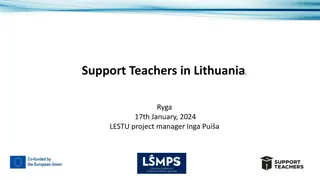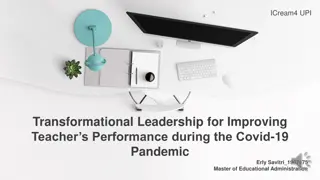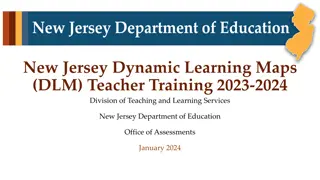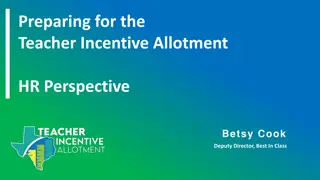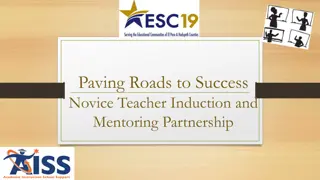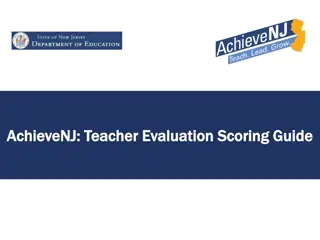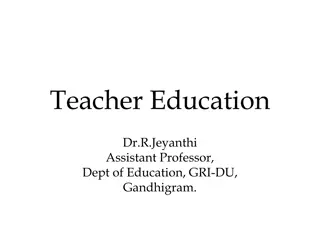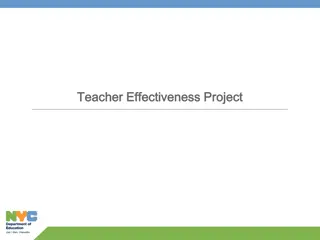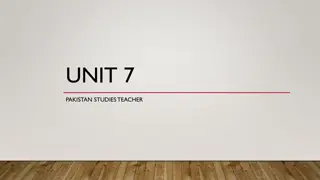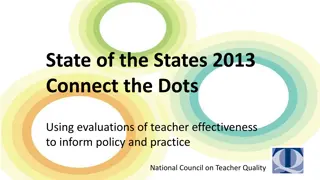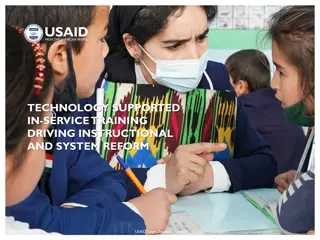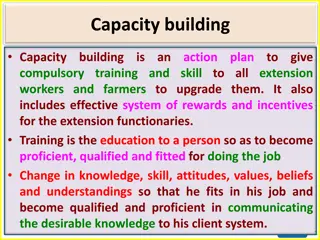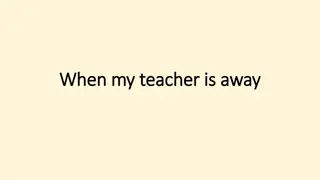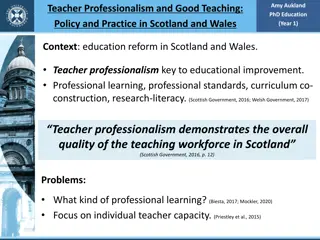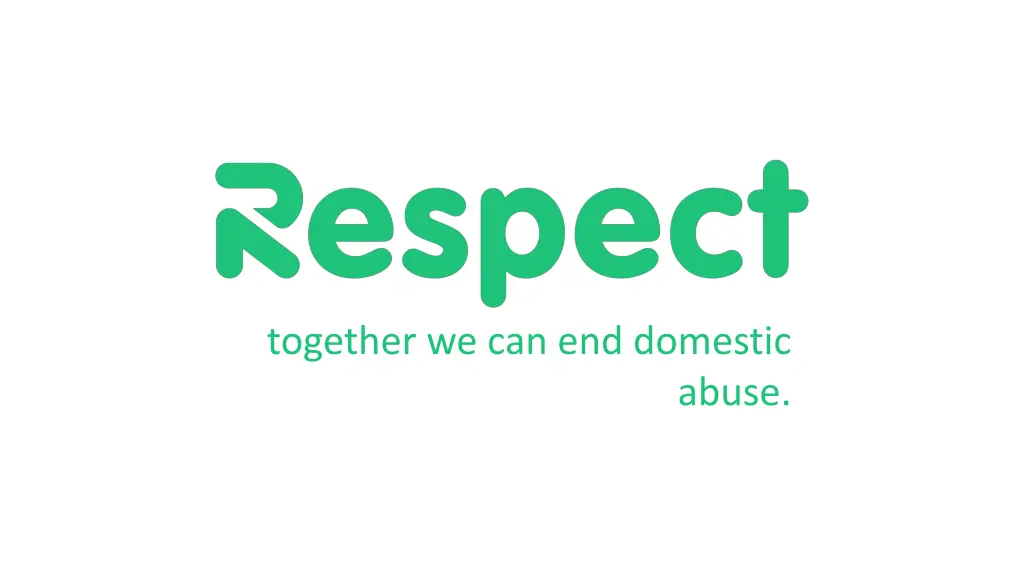
Understanding Child and Adolescent to Parent Violence and Abuse (CAPVA)
Explore the definition, statistics, and impacts of Child and Adolescent to Parent Violence and Abuse (CAPVA). Learn about the signs, experiences of parents, and ways to address this issue. Together, we can end domestic abuse.
Download Presentation

Please find below an Image/Link to download the presentation.
The content on the website is provided AS IS for your information and personal use only. It may not be sold, licensed, or shared on other websites without obtaining consent from the author. If you encounter any issues during the download, it is possible that the publisher has removed the file from their server.
You are allowed to download the files provided on this website for personal or commercial use, subject to the condition that they are used lawfully. All files are the property of their respective owners.
The content on the website is provided AS IS for your information and personal use only. It may not be sold, licensed, or shared on other websites without obtaining consent from the author.
E N D
Presentation Transcript
together we can end domestic abuse.
Definition of CAPVA Respect use the term Child and Adolescent to Parent Violence and Abuse (CAPVA) to describe the dynamic where a young person (8 years -18 years) engages in abusive behaviour* towards a parent or adult carer where the abusive behaviour is harmful and repeated. *By abusive behaviour we mean more than physical violence, but including emotional, coercive, or controlling behaviour, sexual abuse, and economic abuse.
True or False? Statistics/ prevalence False- highest no.when cyp is 14-16 1. CAPVA is most commonly reported when the child/ young person is 16+ True 2. Studies vary but most conclude that 5-21 % of adolescents have been abusive to a parent True 3. More women than men are victims of CAPVA False- doubled over 3 years 4. Police reports of child to parent abuse have stayed roughly the same over the last 5 years 5. Parents in professional occupations are disproportionally represented as victims of CAPVA True www.respect.uk.net
What does CAPVA look like? Physical Damage to property Emotional /psychological Financial Yelling, screaming, swearing, putdowns, humiliation, verbal intimidation, mind games, threats to kill you or self, run away, hurt others. Demanding things parents can t afford, stealing, incurring debts Pushing, hitting, slapping, kicking, throwing objects, spitting Breaking possessions, holes in the wall www.respect.uk.net
Lived experience of the parent What stops parents disclosing CAPVA? www.respect.uk.net
Lived experience of the parent Feel disempowered and to blame for what s happening - further decreases ability to restore power dynamic Is often (not always) still experiencing abuse from the estranged parent Feels frightened of their child Lives in a cycle of feeling the child is better off in care/ with someone else and when crisis is averted misses the child and feels further ashamed that they ve rejected them. www.respect.uk.net
Lived experience of the child 2021 Respect research indicates: children often feel unloved and uncared for. They have low self worth and feel siblings are favoured in comparison. They find it hard to get on with peers They are likely to be experiencing parental conflict or continued DA even if parents are separated. Often have poor school attendance They suffer from anxiety both formally diagnosed or self/ family reported. They live in a negative feedback loop www.respect.uk.net
Capva and SEND CAPVA more likely to co-occur with neurodiversity and other additional needs. EG. RYPP delivered by IDAS in North Yorkshire (March 2019 - April 2020) 27% of referrals involved young people with either ASD, ADHD or both Debate around intent but harm is comparable. www.respect.uk.net
Recognising CAPVA School informed through Operation Encompass School informed by other agencies Disclosure by parent, child, sibling Alert to warning signs- professional curiosity www.respect.uk.net
Partnering with parents: Approaching the issue Does your child ever frighten you? What happens when your child is angry? What are you afraid will happen if . www.respect.uk.net
Partnering with parents: Approaching the issue Listen to the parent Do not judge or blame- be careful not to use language that may minimise their experience or sound judgemental Do not tell the child what has been disclosed Reassure them that you believe them Naming the problem- help parents to understand that what they are experiencing is abusive www.respect.uk.net
Risk factors in child to parent abuse Frequency severity and recency of previous violent acts. Has physical injury been caused? Is the nature of the violence escalating? Has there been previous use of weapons? YP intoxicated, psychotic, very anxious, depressed YP has a violent/criminal peer group YP carries a knife or other weapon outside the home www.respect.uk.net
Safeguarding Vulnerable child/vulnerable adult Harm to siblings must be considered www.respect.uk.net
RYPP 18 Sessions delivered over 12 weeks, based on approximately: 7 sessions with parents 9 sessions with YP 2 family sessions 1 exit / closure session www.respect.uk.net
How does it work in Durham? The Respect Young People s Programme is delivered over a 12 week period It can be delivered by One Point, Harbour, Youth Justice Team and Supporting Solutions as a response and intervention for CAPVA Each family engaging in RYPP will have 2 trained RYPP Facilitators allocated to deliver the programme
Refer for advice/ support Durham Pathway 03000 267979 Front door for advice DSL www.respect.uk.net
Evaluation https://forms.office.com/Pages/ResponseP age.aspx?id=c6BWLahLykaQBlIh3- 7pvuuTswSC1dhLqsvXElhuE6dURFhXWlZKTj A4VzVDUFpIVlBXWk83RjBRMy4u www.respect.uk.net
Questions? www.respect.uk.net
@RespectUK Respect UK @respect_uk UKRespect www.respect.uk.net


